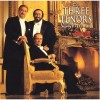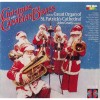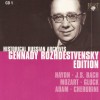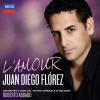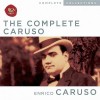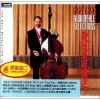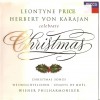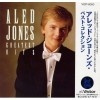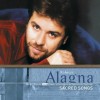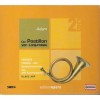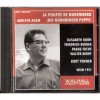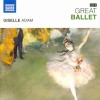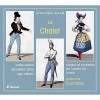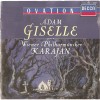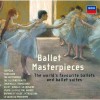Biography
Adolphe Charles Adam (24 July 1803 – 3 May 1856) was a French composer and music critic. A prolific composer of operas and ballets, he is best known today for his ballets Giselle (1844) and Le corsaire (1856, his last work), his operas Le postillon de Lonjumeau (1836), Le toréador (1849) and Si j'étais roi (1852, often regarded as his finest work), and his Christmas carol "Minuit, chrétiens!" ("O Holy Night") (1847). Adam was also a noted teacher. Léo Delibes was among his pupils.
Adolphe Adam was born in Paris to Louis Adam (1758–1848), who was also a composer, as well a professor at the Paris Conservatoire. His mother was the daughter of a physician. As a child, Adolphe Adam preferred to improvise music on his own rather than study music seriously. He entered the Paris Conservatoire in 1821, where he studied organ and harmonium under the celebrated opera composer François-Adrien Boieldieu. Adam also played the triangle in the orchestra of the Conservatoire; however, he did not win the Prix de Rome and his father did not encourage him to pursue a music career.
By age 20, he was writing songs for Paris vaudeville houses and playing in the orchestra at the Gymnasie Dramatique, where he later became chorus master. Like many other French composers, he made a living largely by playing the organ. In 1825, he helped Boieldieu prepare parts for his opera La dame blanche and made a piano reduction of the score. Adam was able to travel through Europe with the money he made, and he met Eugène Scribe, with whom he later collaborated, in Geneva. By 1830, he had completed twenty-eight works for the theatre.
Adam is probably best remembered for the ballet Giselle (1841). He wrote several other ballets and 39 operas, including Le postillon de Lonjumeau (1836) and Si j'étais roi (1852).
After quarreling with the director of the Opéra, Adam invested his money and borrowed heavily to open a fourth opera house in Paris: the Théâtre National (Opéra-National). It opened in 1847, but closed because of the Revolution of 1848, leaving Adam with massive debts (Théâtre National later was resurrected under the name of Théâtre Lyrique at the Boulevard du Temple). His efforts to extricate himself from these debts include a brief turn to journalism. From 1849 to his death in Paris, he taught composition at the Paris Conservatoire.
His Christmas carol "Cantique de Noël", translated to English as "O Holy Night", is an international favorite, and is said to have been the first music broadcast on radio.
Adam is buried in Montmartre Cemetery in Paris.





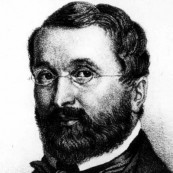

![Christmas Adagios [CD1 of 2]](http://static.classicalm.com/repository/collection-cover/small/1219-img1354498625885822.jpg)
